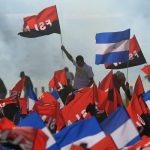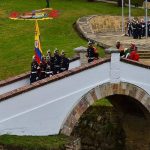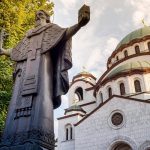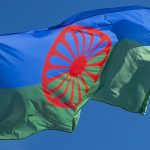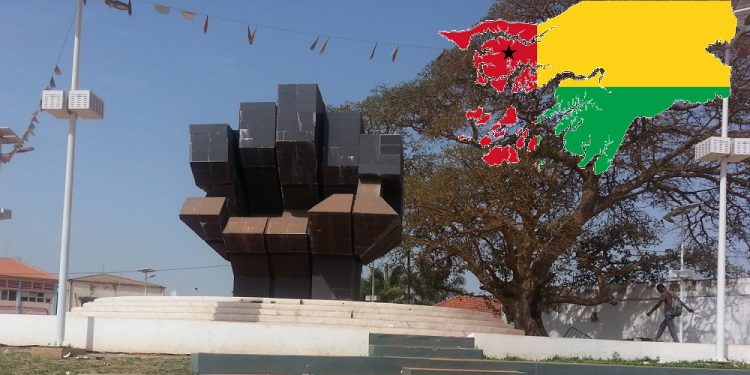
Martyrs’ Day in Guinea-Bissau
Martyrs’ Day is a public holiday observed in Guinea-Bissau that commemorates the Pidjiguiti massacre, which took place on August 3, 1959. Also known as Pidjiguiti Day, this day is a national holiday, so businesses, non-essential government offices, and schools are closed, and it’s a day off for the general public.
Although it is a public holiday, it’s seen as a day of grief and not a day for celebration. That means this holiday doesn’t feature the usual festivities one would expect from a national holiday, but instead features torch and candle processions in memory of those who died on this day.
The History of Martyrs’ Day in Guinea-Bissau
Guinea-Bissau is a country that has been populated by the Fulani, Malinke, and other indigenous peoples but was colonized by the Portuguese during the 19th century. This country remained under Portuguese control, even as a self-determination movement was gaining ground in the country during the first half of the 20th century.
Amílcar Cabral established the African Party for the Independence of Guinea and Cape Verde (PAIGC) in 1956. This party favored gaining independence through non-violent means and, towards those ends, they organized a strike at the Pidjiguiti Docks of the Port of Bissau to demand better wages for workers.
On August 3, 1959, dock workers came to support this general strike and ended up taking control of the port to prevent it from operating. Security forces of the country attempted to recapture the port from the strikers with force. State police broke through the gates and opened fire on the strikers, injuring hundreds of people and killing 50. These forces also captured many of the protesters for arrest and even torture.
The Massacre of Pidjiguiti, as it came to be known, would be a turning point in the history of the country. In 1963, the war of independence began, and Guinea-Bissau was finally able to secure its independence from Portugal in 1974.
Observing Martyrs’ Day in Guinea-Bissau
Since this is a day of mourning, there are wreath-laying ceremonies, religious services, and candlelit processions on this holiday. The general public has the day off so they can attend these events.
